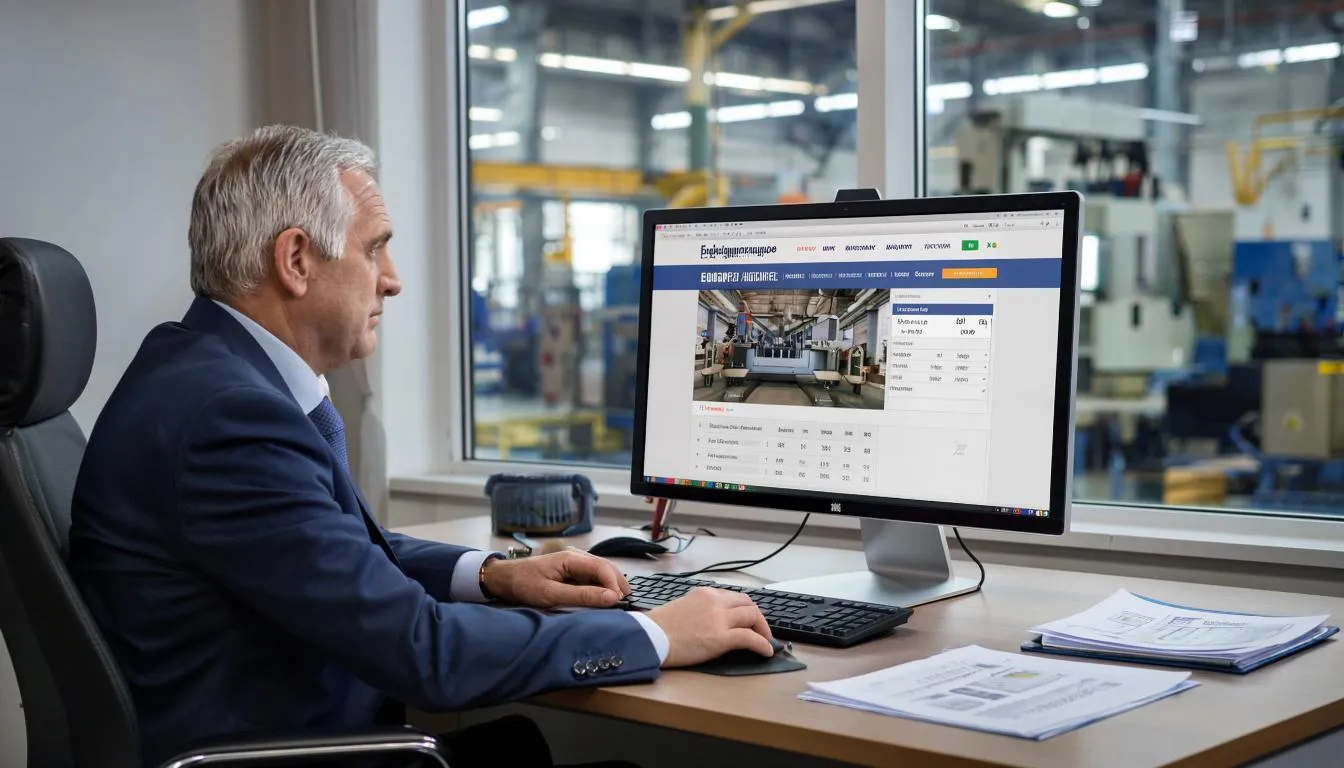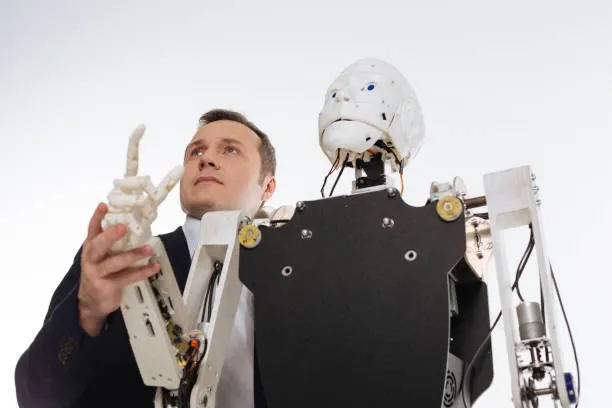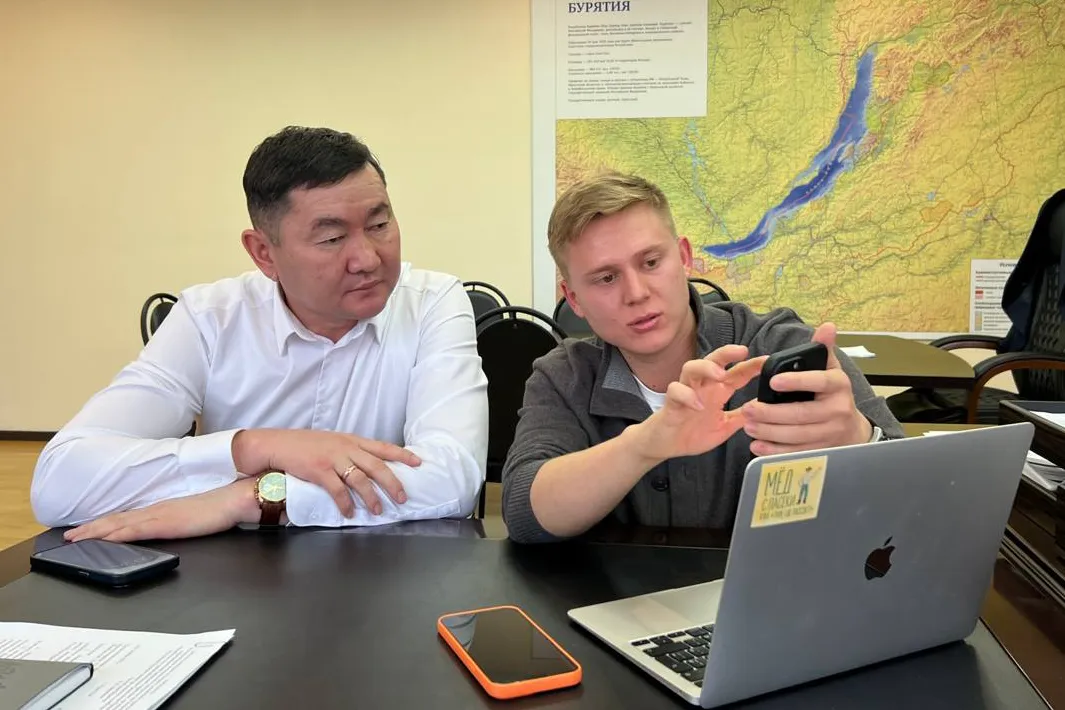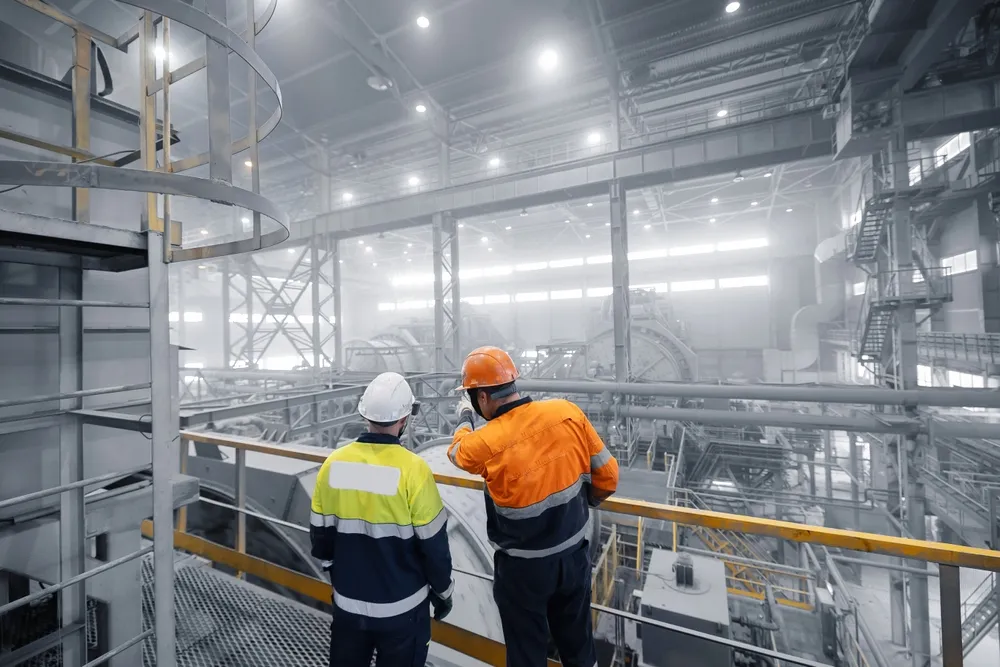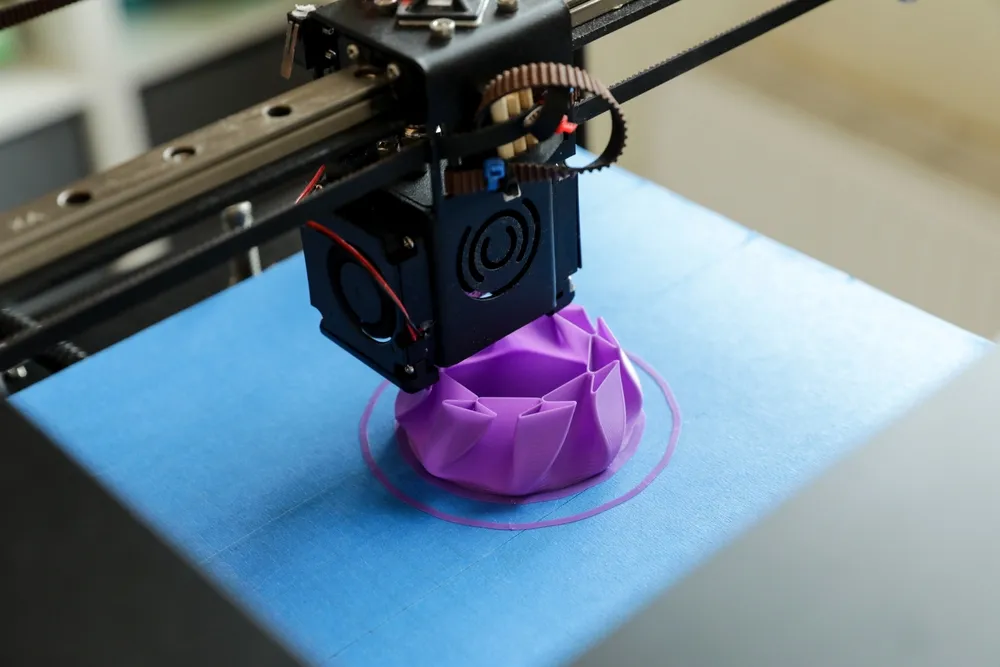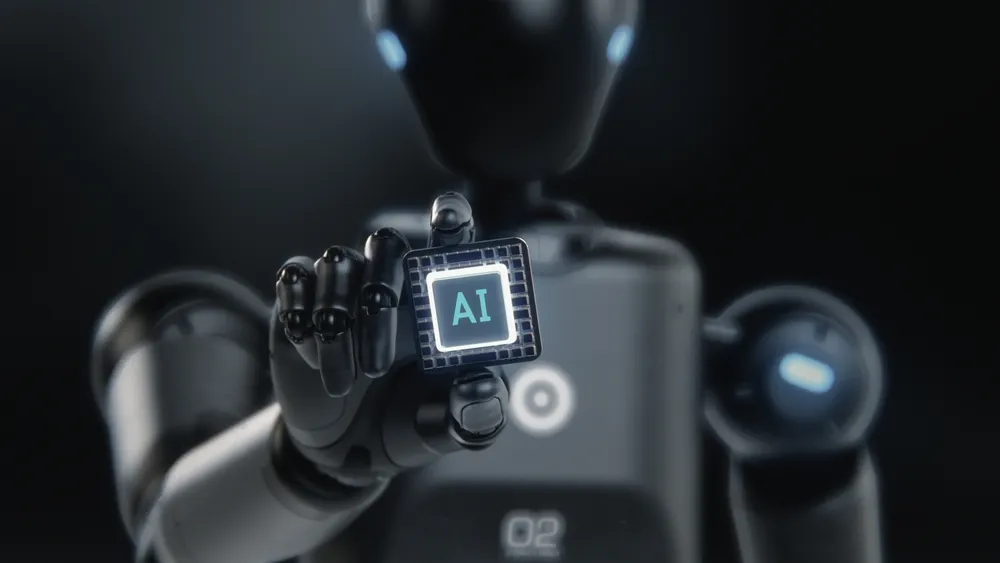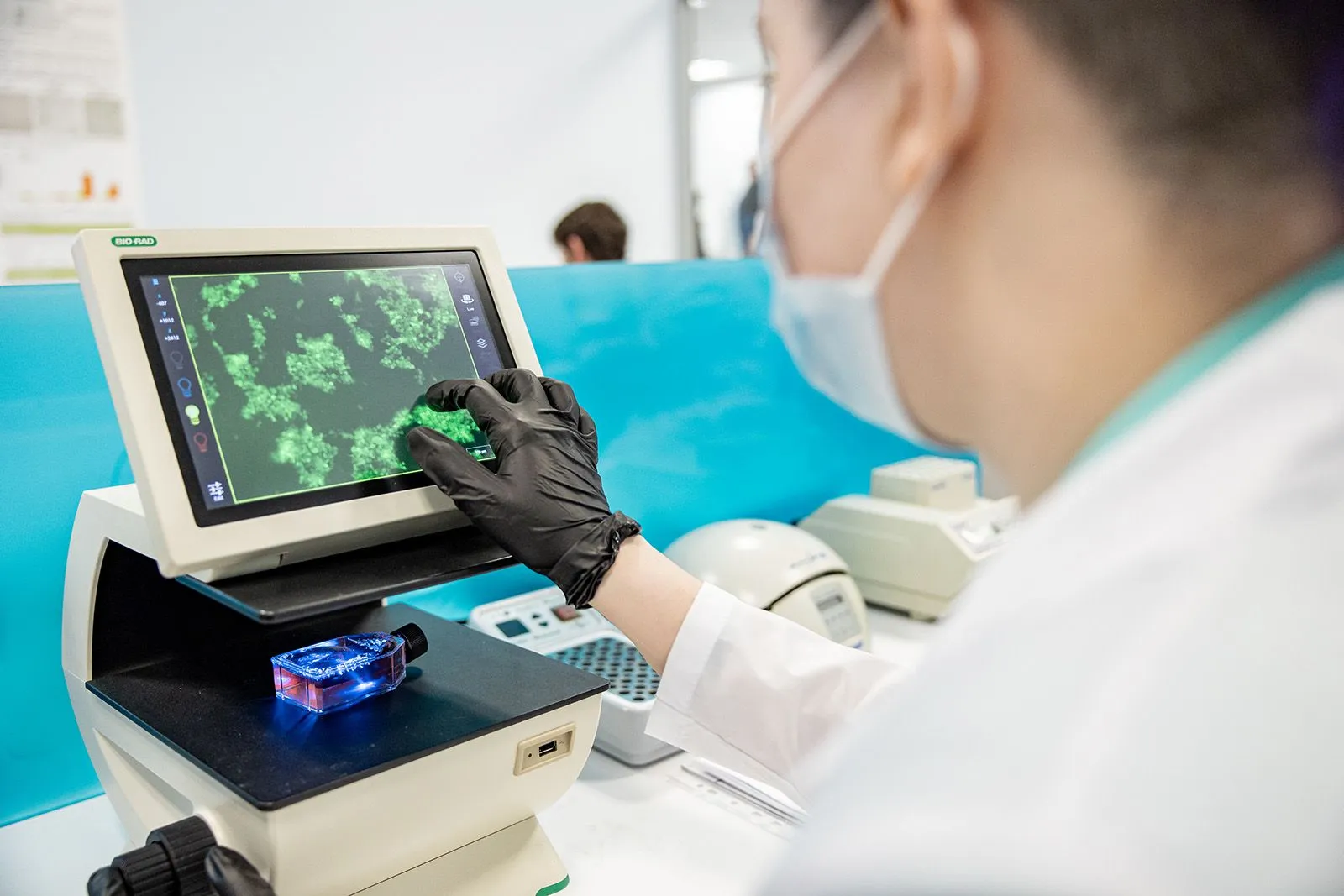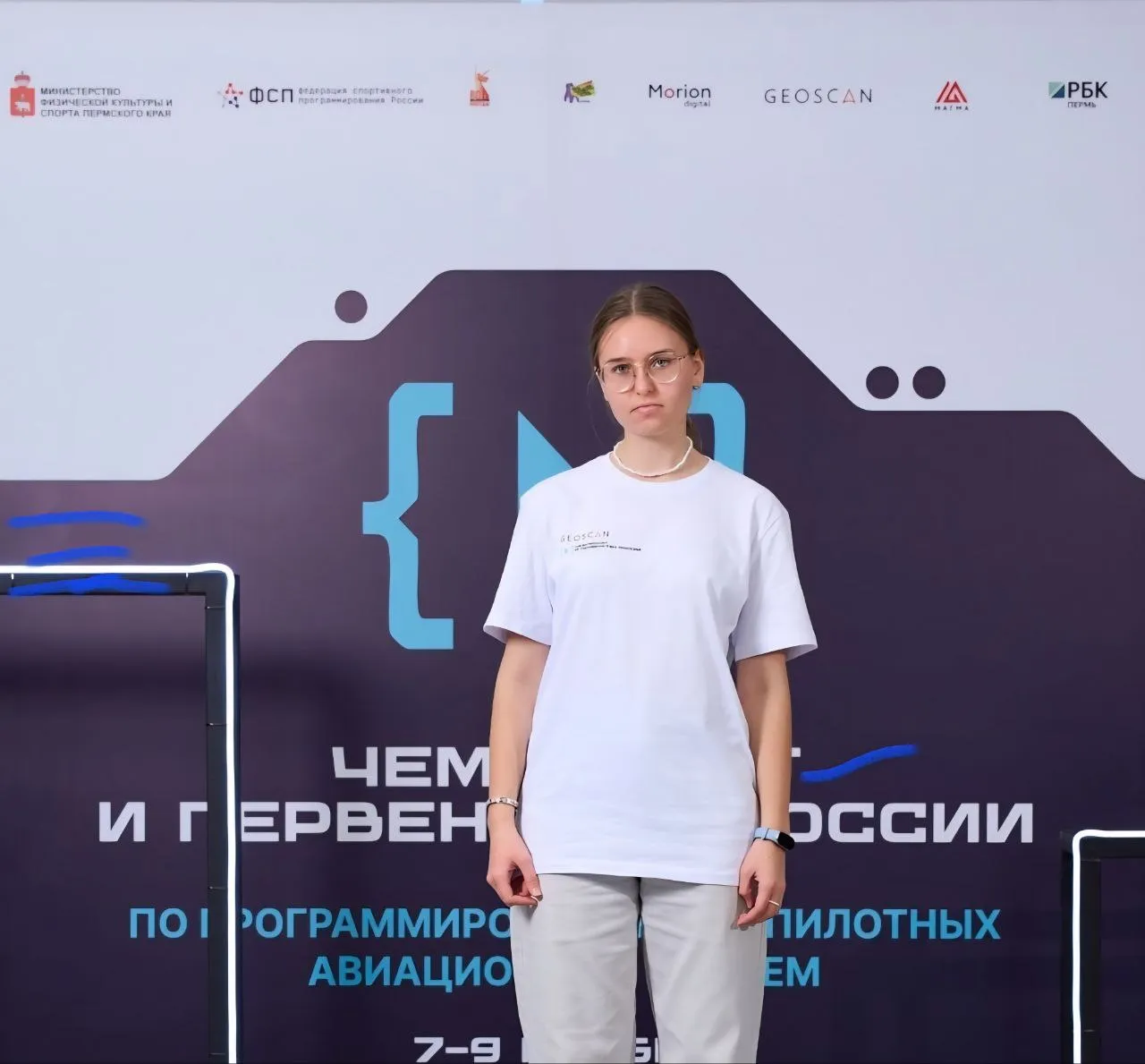AI Becomes the Core of Russia’s Digital Economy
Artificial intelligence has become the strategic foundation for business automation in Russia, with two-thirds of companies integrating AI into their core processes as part of a new phase of cognitive digitalization.

From Tools to Architecture
According to the 2025 TAdviser report “Hyperautomation Practices in Russian Companies”, 64% of Russian organizations now view AI as the strategic backbone of automation. The focus has shifted from implementing isolated solutions to building a sustainable business architecture — one where AI orchestrates and optimizes workflows end to end.
In terms of adoption, business process management (BPM) systems rank second, used by 37% of companies. Intelligent document search (RAG) is deployed by 28%, robotic process automation (RPA) by 23%, and document recognition and processing systems (OCR/IDP) by 17%. Process mining tools are used by 16%, chatbots by 11%, and voice bots by 6% of surveyed organizations.
Maturity and Accessibility Drive Growth
The market’s rapid expansion is driven by the growing maturity and accessibility of AI technologies — a factor cited by 59% of respondents. Another 43% noted that the shortage of IT specialists has accelerated automation initiatives, while 28% of companies reported that adopting domestic software platforms not only supports import substitution but also helps optimize business architecture.
A clear trend is emerging: enterprises are establishing internal centers of competence, mastering low-code and no-code development tools, and embedding AI into their corporate infrastructure.
Toward Cognitive Integration
Russia’s hyperautomation market has entered the phase of cognitive integration — moving from simple task automation toward intelligent knowledge and process management. This evolution marks a shift in the country’s digital economy, where AI no longer plays a supporting role but acts as the central nervous system of business operations.


